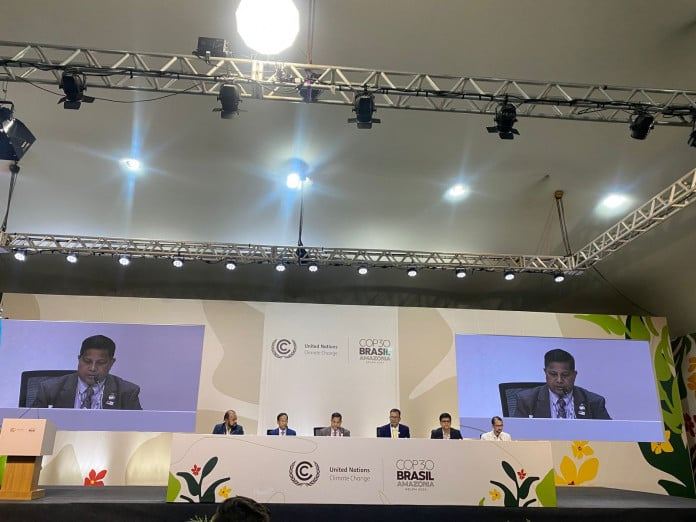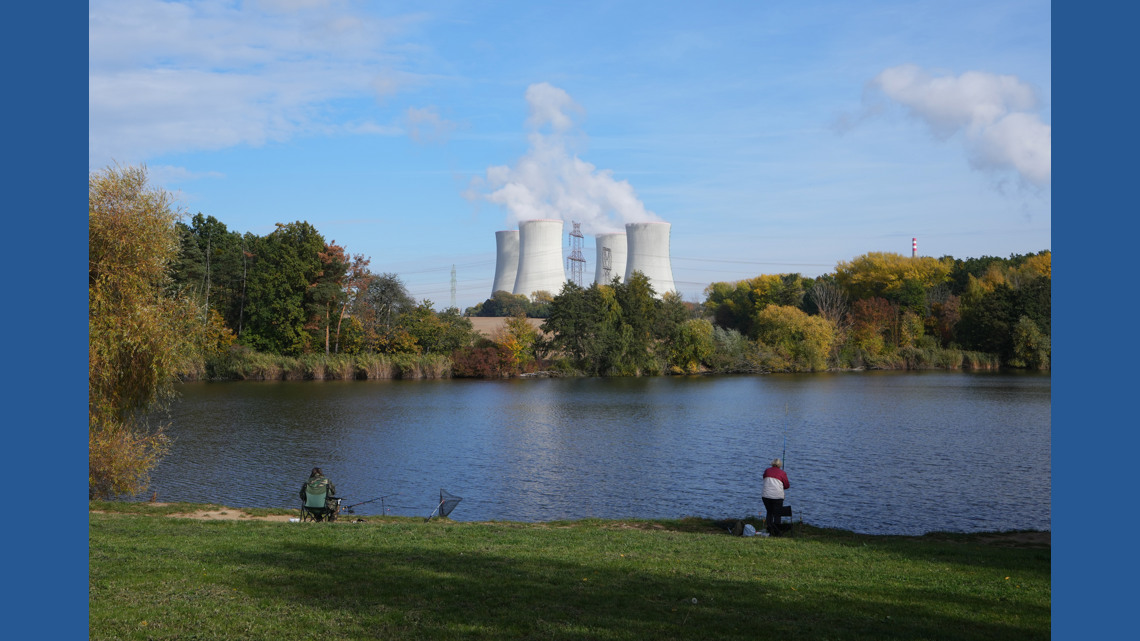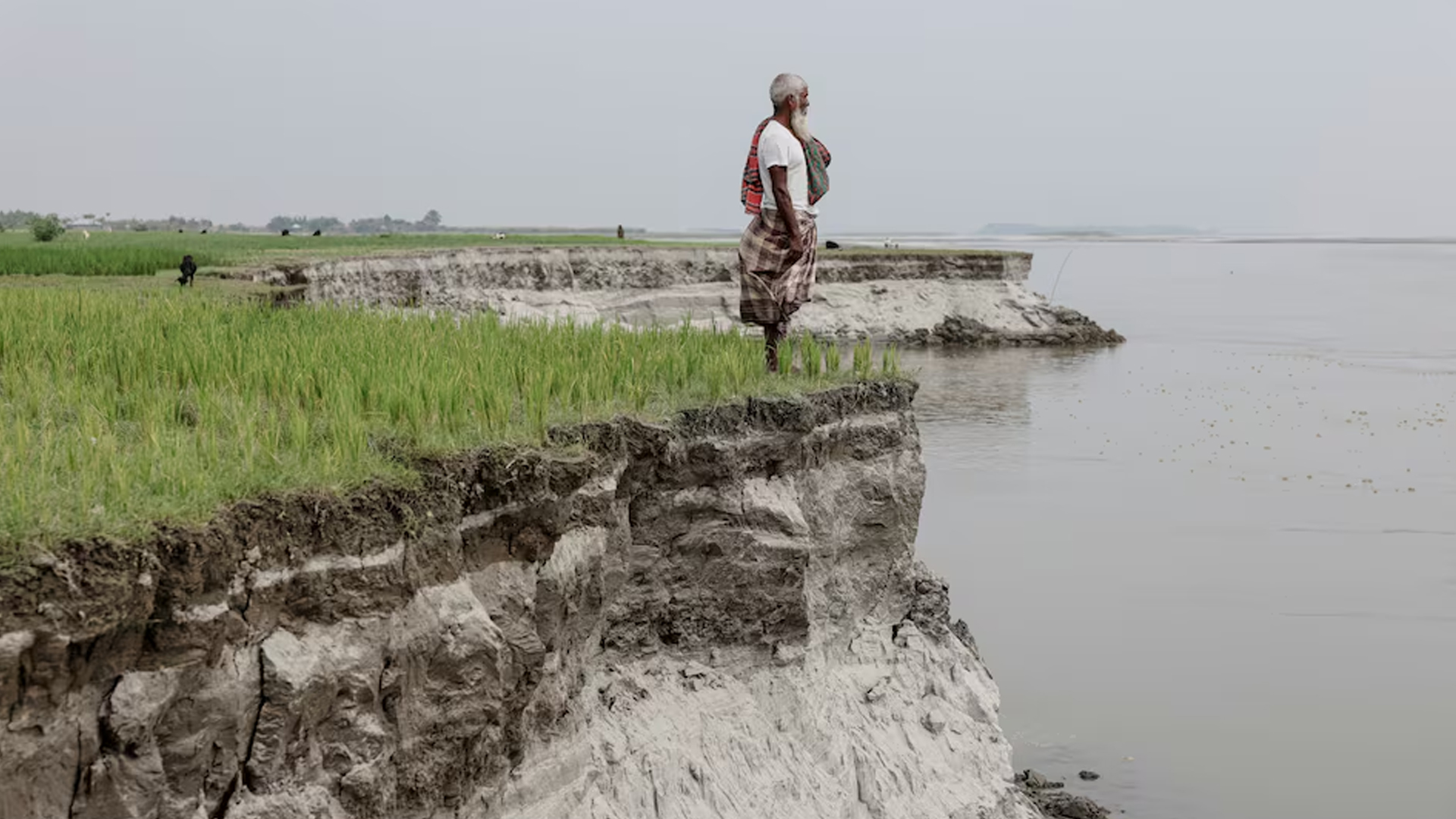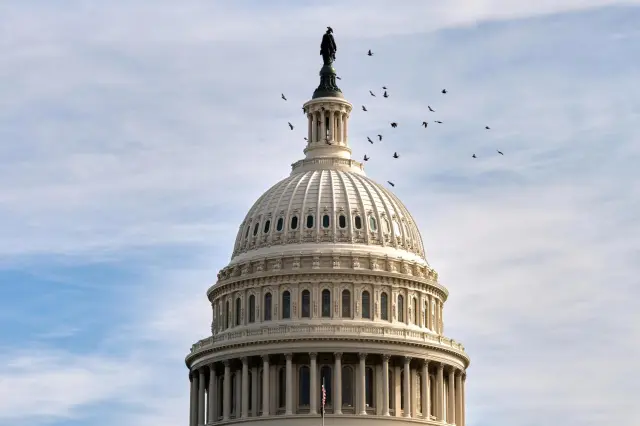COP30 Enters Final Week With Deep Divisions Over Money and Fossil Fuels

Last-ditch bargaining over finance and fossil fuel phaseout
As the COP30 climate summit in Brazil’s Amazonian city of Belem moves into its final week, negotiations are entering the phase where carefully crafted speeches must turn into concrete numbers. Delegates from nearly 200 countries are arguing over how fast to cut emissions this decade and how much money richer nations will provide to help poorer ones cope with worsening floods, heatwaves and rising seas. New assessments show the world is still heading well above the Paris Agreement’s 1.5°C threshold, sharpening pressure on governments to return home with a deal that looks tougher than previous pledges. Veteran negotiators describe an atmosphere of fatigue and mistrust, with years of unmet finance promises hanging over almost every discussion.
At the centre is climate finance. Developing countries want a clear pathway to hundreds of billions of dollars a year by the mid-2030s so they can phase out coal, build renewable power and protect forests without sacrificing growth. Wealthy states acknowledge they must do more but resist signing up to hard numbers that could prove politically difficult in domestic parliaments. Talks have coalesced around a proposed “Belem package” that would link long-term funding, stronger emissions targets and stricter reporting rules in a single deal. Several negotiators warn that if the finance section looks weak, vulnerable nations may refuse to endorse the broader outcome, risking a fractured closing plenary.
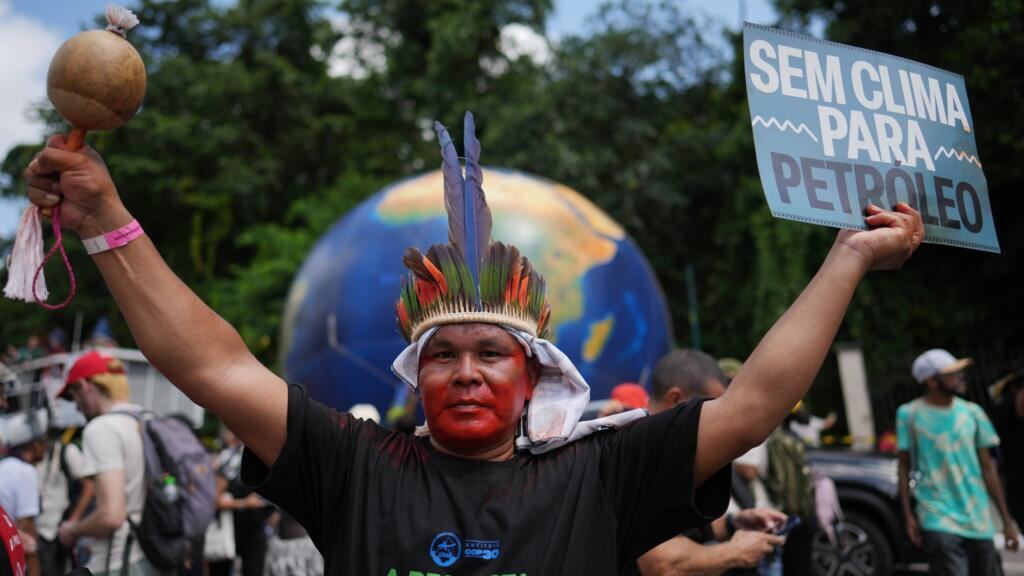
Fossil fuels are the other major fault line. A coalition led by small island states and the European Union is pushing for language that calls for a rapid phaseout of unabated coal power and a peak in global fossil fuel use “this decade”. Large emerging economies counter that they still need room to expand energy access and industry, and argue that historical emitters should move first and fastest. Brazil, as host, is trying to broker compromise wording that recognises different national circumstances yet still signals to markets that the fossil fuel era is nearing its end. Behind closed doors, diplomats say they are testing phrases that might satisfy both sides without appearing to dilute scientific warnings.
Global politics weighs heavily on the talks. China has arrived in Belem keen to frame itself as a climate leader, pointing to its massive buildout of solar, wind and electric vehicles, even as it keeps approving new coal plants at home. The absence of the United States federal government, which has stepped back from the Paris framework again, has shifted attention to governors, mayors and business groups who insist they will continue cutting emissions on their own. Their presence underlines how climate policy is now shaped as much in boardrooms and city halls as in national capitals.
For many poorer countries, trade is the new flashpoint. Delegates from Africa, Asia and Latin America worry that carbon border tariffs on steel, cement and green technologies could hit their exporters just as they try to industrialise. They argue that rich economies must not turn climate policy into a new form of protectionism while older funding pledges remain only partly met. Trade specialists in Belem say the clash shows how climate action, industrial strategy and economic security are increasingly intertwined.
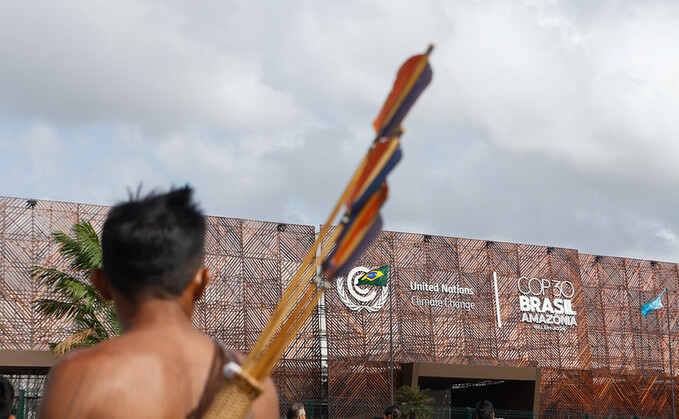
Outside the conference centre, marches by Indigenous communities, youth movements and environmental groups have become a daily ritual in Belem’s humid streets. Activists accuse governments of hiding behind distant goals while approving new oil and gas projects that could lock in emissions for decades. Scientists warn that every fraction of a degree of avoided warming reduces the risk of deadly heatwaves, crop failures and stronger storms, and that decisions taken this week will influence investment flows for years. Whether COP30 ends with a fragile compromise or a stronger pact, it will help determine how quickly the world can move from promises on paper to real cuts in smokestacks and tailpipes.


